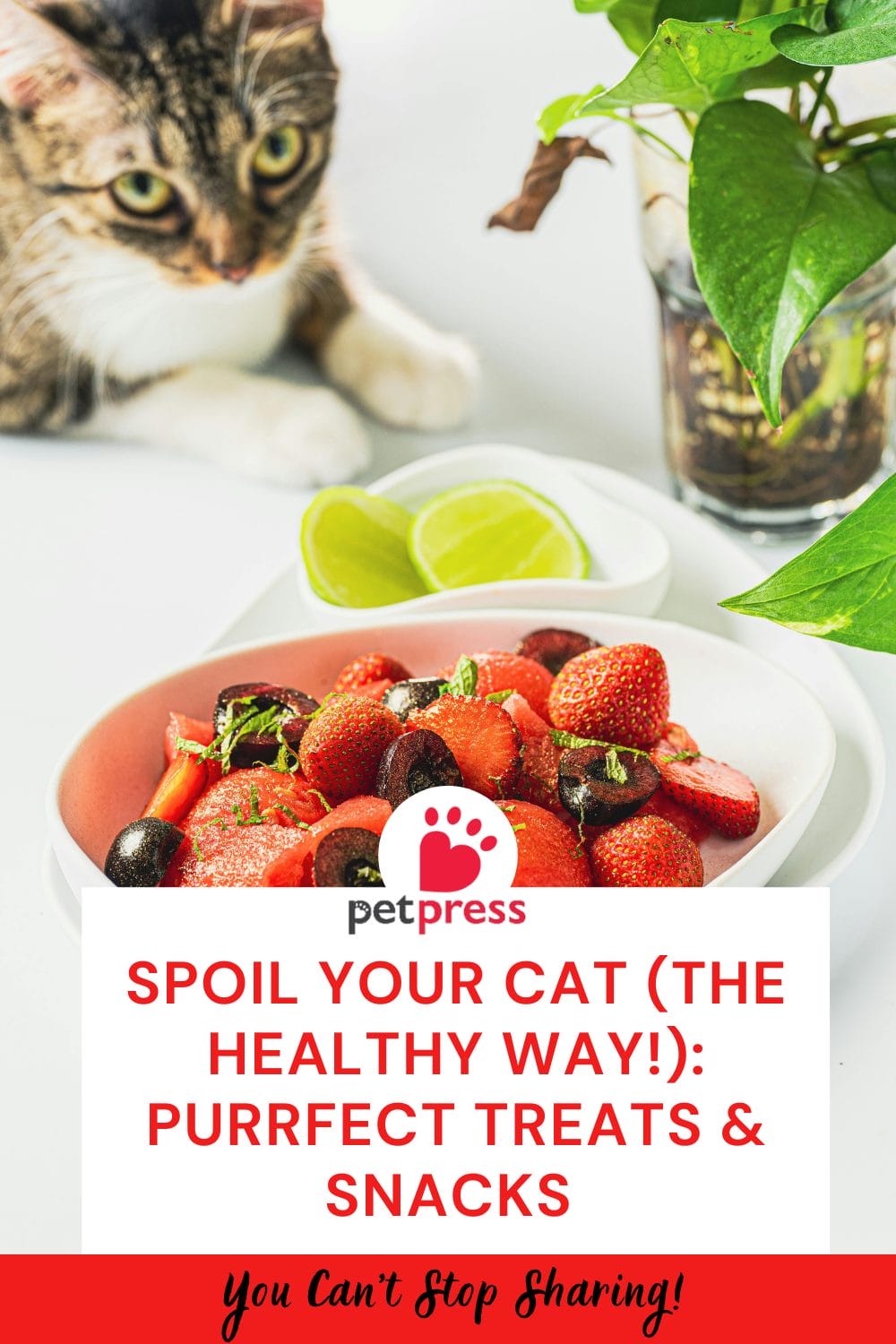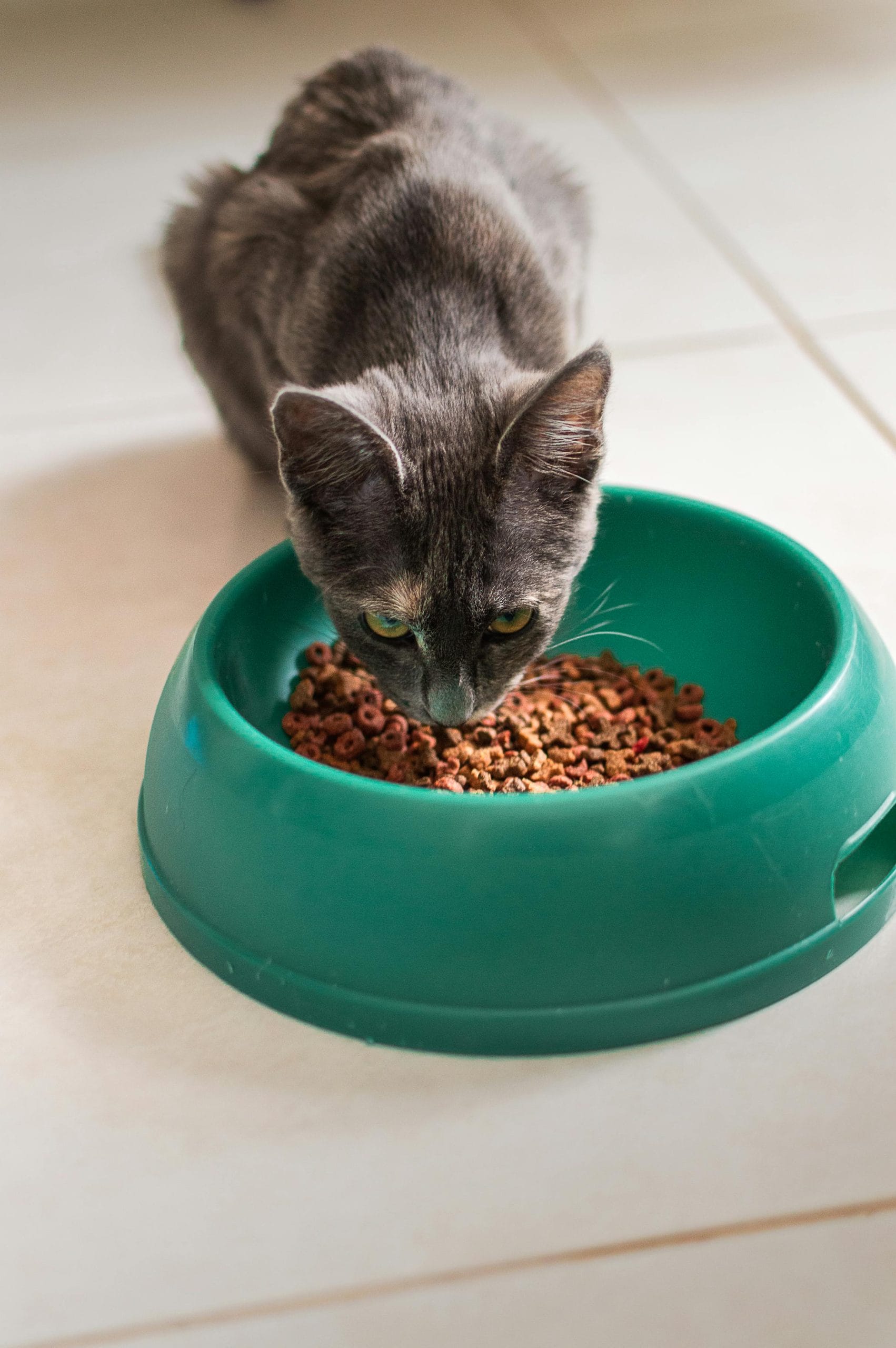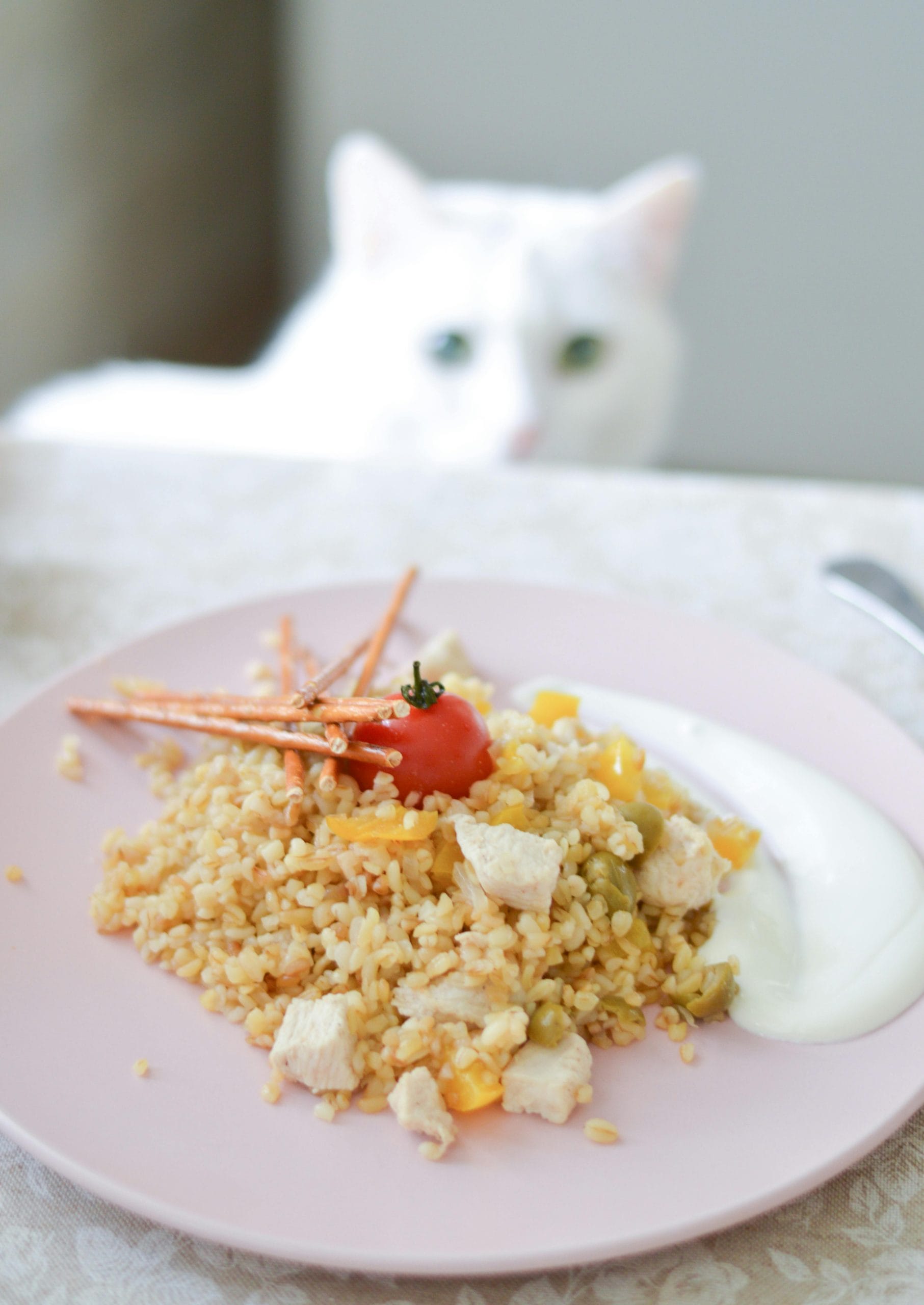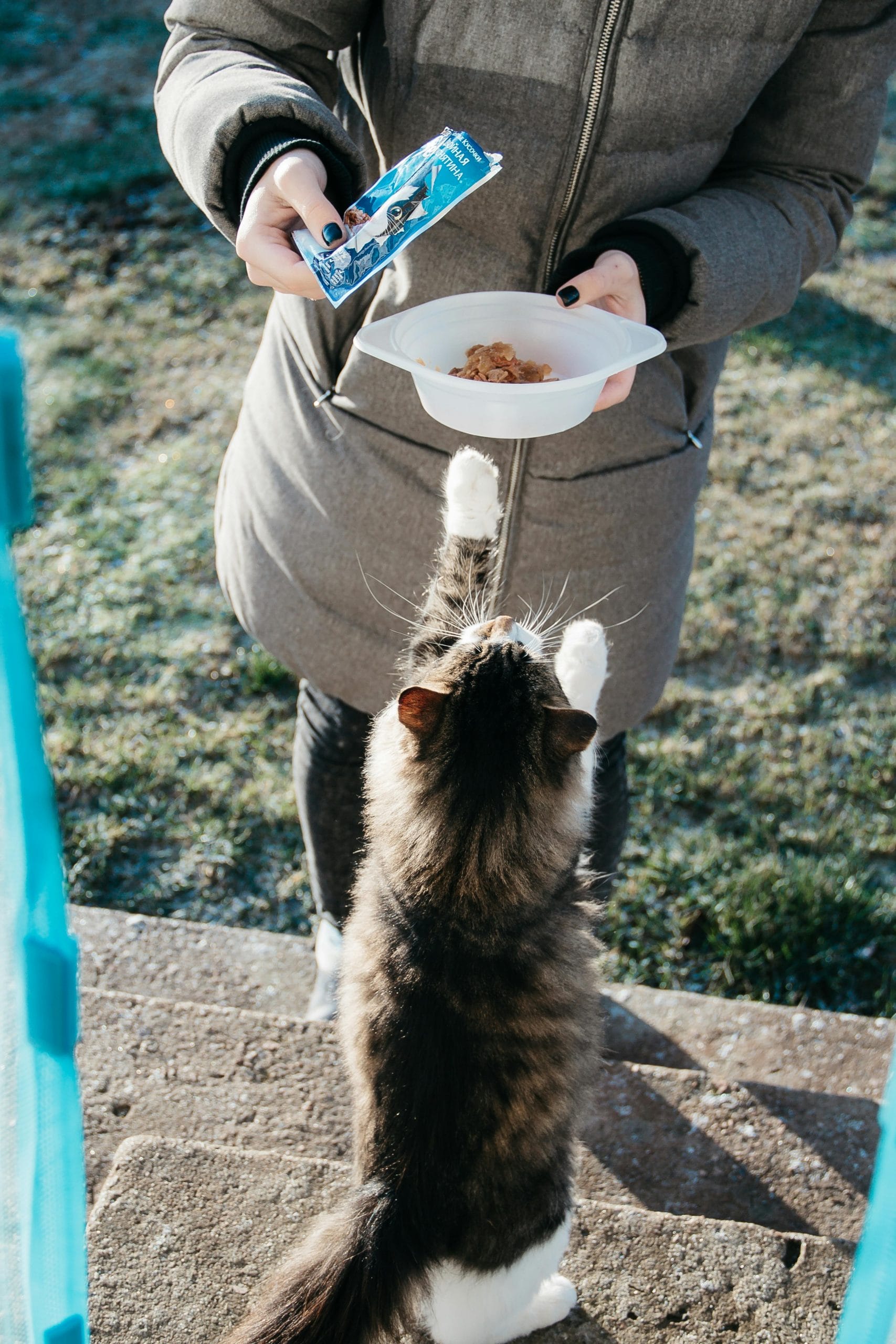
Healthy Snacks for Cats, we always get worried. Cats, much like their human companions, enjoy a tasty treat now and then. However, just as humans need to be mindful of their snack choices, so do our feline friends.
Providing healthy snacks for cats is essential to ensure they receive the proper nutrition without compromising their health.
This blog post will delve into the importance of Healthy Snacks for Cats, explore various nutritious options, and highlight what to avoid in your cat’s diet.
By making informed choices, you can keep your furry friend happy, healthy, and purring with delight.
History
The relationship between humans and cats dates back thousands of years.
Initially revered as deities in ancient Egypt, cats were later domesticated and have since become cherished companions in households worldwide.
Over the centuries, the understanding of feline nutrition has evolved significantly. Early on, cats primarily hunted for their food, consuming a diet rich in proteins and fats from prey.
As cats transitioned to domesticated life, their diets shifted to commercial cat foods, which sometimes lacked the nutritional balance found in their natural prey.
In recent decades, there has been a growing awareness of the importance of a balanced diet for cats, leading to the development of premium cat foods and a better understanding of feline nutritional needs.
This awareness has also extended to the snacks and treats we offer our pets.
Pet owners are increasingly seeking healthy snack options that align with their cat’s dietary requirements, contributing to their overall well-being.
Types of Healthy Snacks for Cats

Choosing the right snacks for your cat involves understanding their nutritional needs and selecting options that provide beneficial nutrients without unnecessary additives.
Here are some of the healthiest snack choices for cats:
Commercially Available Healthy Treats
Many pet food manufacturers offer treats specifically formulated to be both tasty and nutritious.
Look for treats made with high-quality ingredients, including real meat, fish, or poultry. Avoid treats with artificial preservatives, colours, or flavours.
Freeze-Dried Meat Treats
Freeze-dried treats are a fantastic option because they retain most of the nutrients found in fresh meat.
These treats are typically made from a single protein source, such as chicken, turkey, or salmon, making them an excellent choice for cats with food sensitivities or allergies.
Cooked Lean Meats
Small pieces of cooked chicken, turkey, or beef can be a delightful treat for your cat. Ensure the meat is plain, without any seasoning, onions, or garlic, as these can be harmful to cats.
Canned Fish
Occasionally offering your cat a bit of canned fish, such as tuna or salmon, can be a nutritious treat. Ensure the fish is packed in water without added salt or oils.
Be cautious with portion sizes due to the high levels of mercury found in some fish.
Vegetables
While cats are obligate carnivores and require a meat-based diet, some vegetables can be a healthy occasional snack.
Small amounts of steamed carrots, green beans, or peas can provide fibre and vitamins. Always introduce new foods slowly and in small quantities to ensure your cat tolerates them well.
Ensure you give grain-free foods to your cats for their increased overall health.
Catnip and Cat Grass
Catnip is a popular treat that many cats love. It can be offered fresh, dried, or in the form of catnip-filled toys.
Cat grass, typically wheatgrass or oat grass, is another great option that can aid in digestion and provide entertainment.
What to Avoid in Your Cat’s Nutrition

While providing healthy snacks is essential, it’s equally important to be aware of foods and ingredients that can be harmful to your cat. Here are some key things to avoid:
Onions and Garlic
Both onions and garlic, in any form (raw, cooked, or powdered), can cause gastrointestinal irritation and damage to red blood cells, leading to anemia.
Chocolate
Chocolate contains theobromine, which is toxic to cats. Even small amounts can cause serious health issues, including heart problems, seizures, and potentially death.
Grapes and Raisins
Grapes and raisins can cause kidney failure in cats. It’s best to avoid these completely to prevent any risk of toxicity.
Dairy Products
Many cats are lactose intolerant, meaning they lack the enzyme needed to properly digest lactose, the sugar found in milk.
Consuming dairy products can lead to digestive upset, including diarrho-=]ea. Ensure you store your cat’s food properly to avoid contamination of any kind.
Artificial Sweeteners
Xylitol, a common artificial sweetener, is extremely toxic to cats. It can cause a rapid release of insulin, leading to hypoglycemia, seizures, and liver failure.
Raw Meat and Fish
While raw diets have gained popularity, feeding raw meat and fish to cats can pose risks of bacterial infections and parasites. If you choose to feed raw, ensure it is prepared safely and consult with a veterinarian.
Conclusion
Feeding your Healthy Snacks for Cats is a wonderful way to show your love and care while ensuring their nutritional needs are met.
You can support your cat’s overall health and well-being by choosing high-quality treats and avoiding harmful foods.
Always introduce new snacks gradually and monitor your cat for any adverse reactions. You can keep your feline friend happy, healthy, and purring for years with mindful choices.

FAQs Related Healthy Snacks for Cats
While some fruits are safe for cats in small amounts, such as blueberries or sliced apples (without seeds), many fruits can be harmful. Avoid grapes, raisins, and citrus fruits, which can cause toxicity or digestive issues.
Snacks should be given in moderation. Treats should not exceed 10% of your cat’s daily caloric intake. Please consult your veterinarian to determine the appropriate amount based on your cat’s specific dietary needs and health condition.
While cats are obligate carnivores, some grains like cooked rice or oats can be safe in small amounts. However, it’s essential to ensure that the primary diet is meat-based to meet their nutritional requirements.
If you suspect your cat has ingested something toxic, contact your veterinarian or an emergency animal clinic immediately. Keep the product packaging or a sample of the substance to provide information to the vet.
Yes, homemade treats can be a great way to control the ingredients and ensure they are healthy. Simple recipes using cooked meat, fish, or vegetables can be safe and nutritious. Always avoid using toxic ingredients to cats and consult with your veterinarian if you are unsure about a recipe.
- Dogs Pooping Blood: A 2026 Guide for Concerned Pet Parents - February 23, 2026
- How to Celebrate a Dog’s First Birthday on a Budget: 2026 Guide - February 18, 2026
- Best Shampoo for Sensitive Skin Dog Grooming: 2026 Guide - February 12, 2026


GIPHY App Key not set. Please check settings